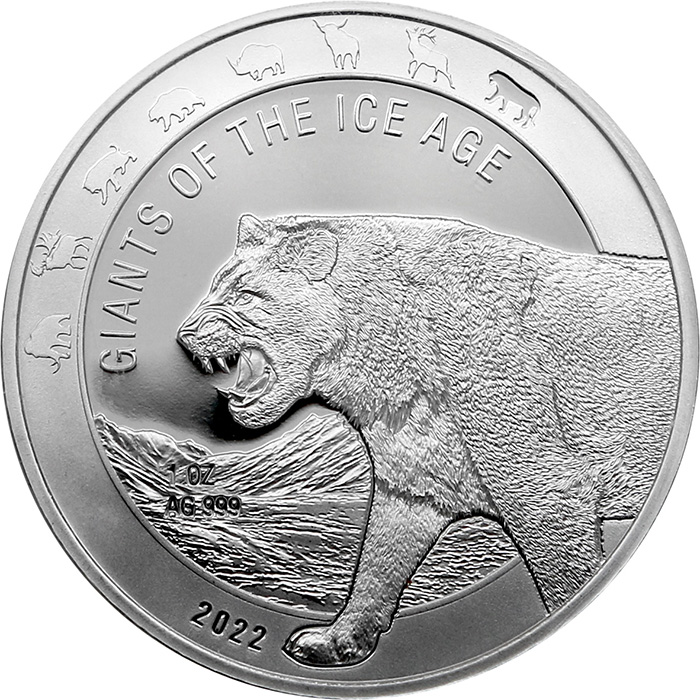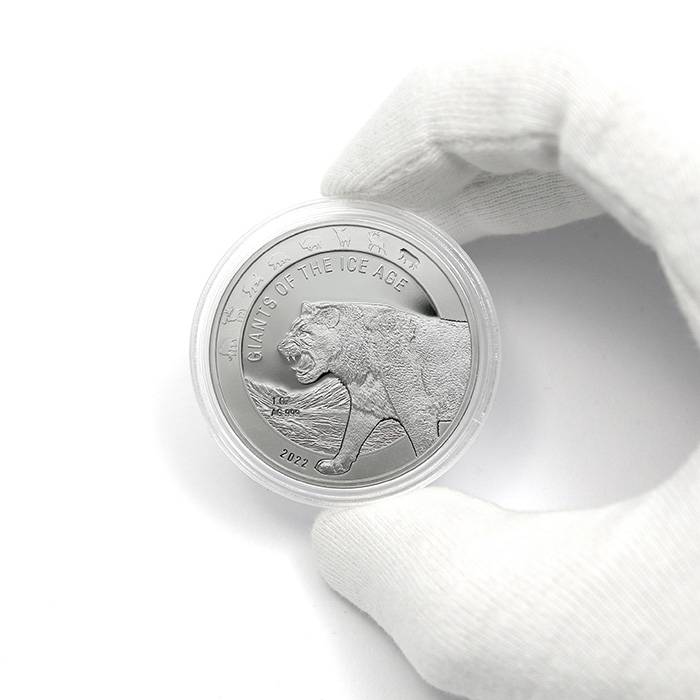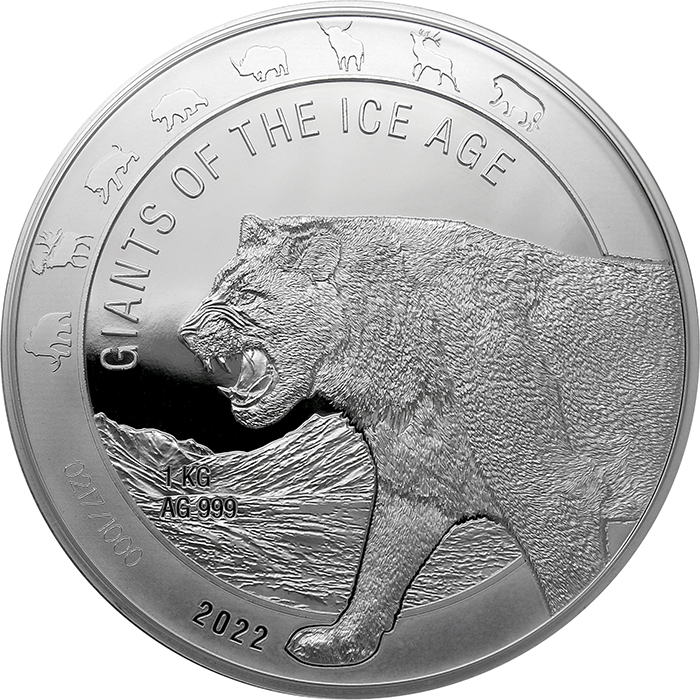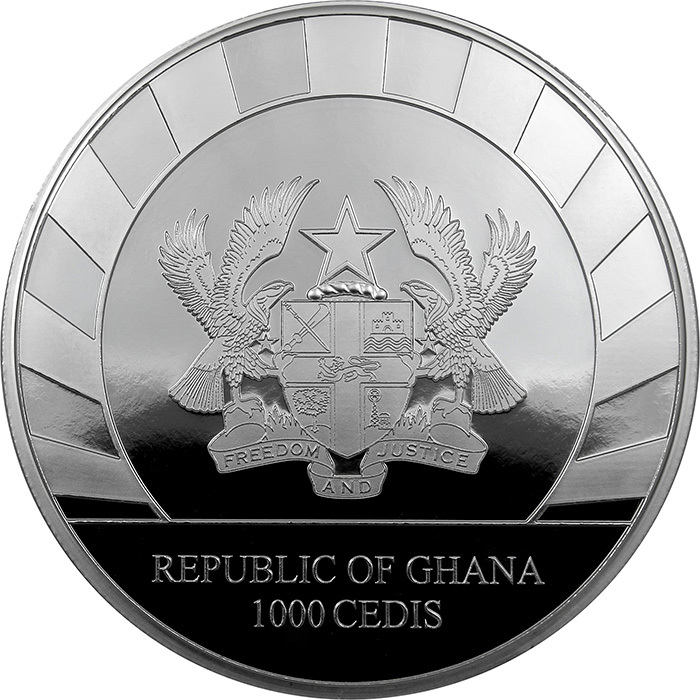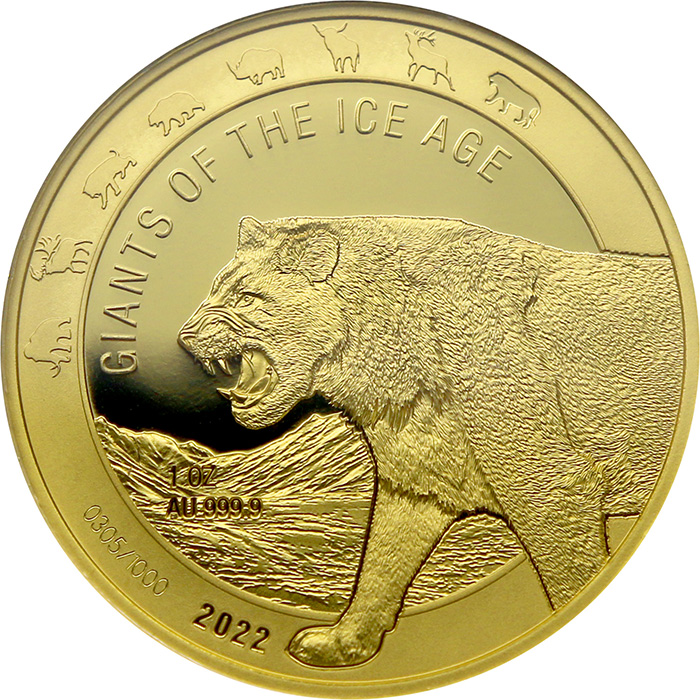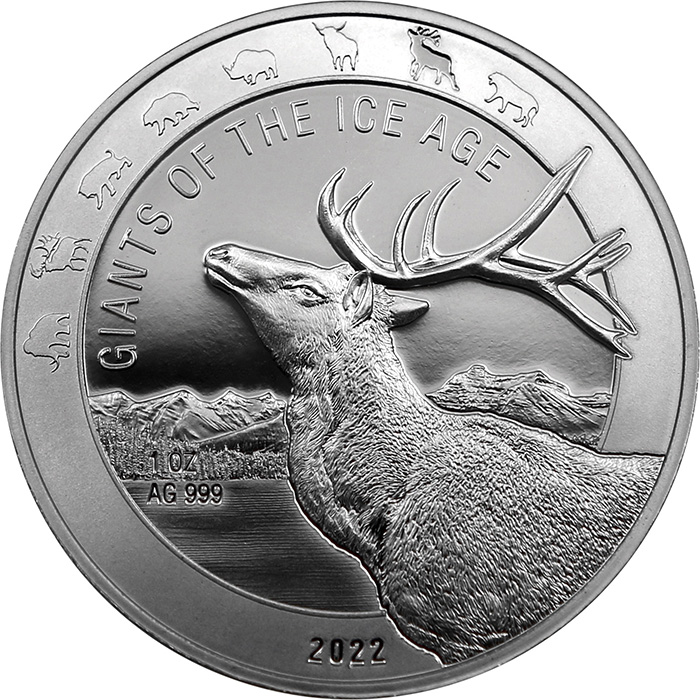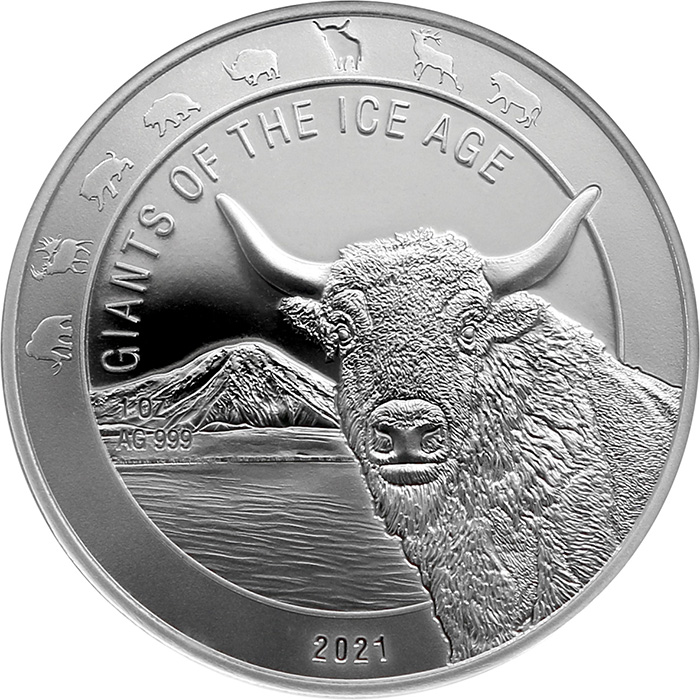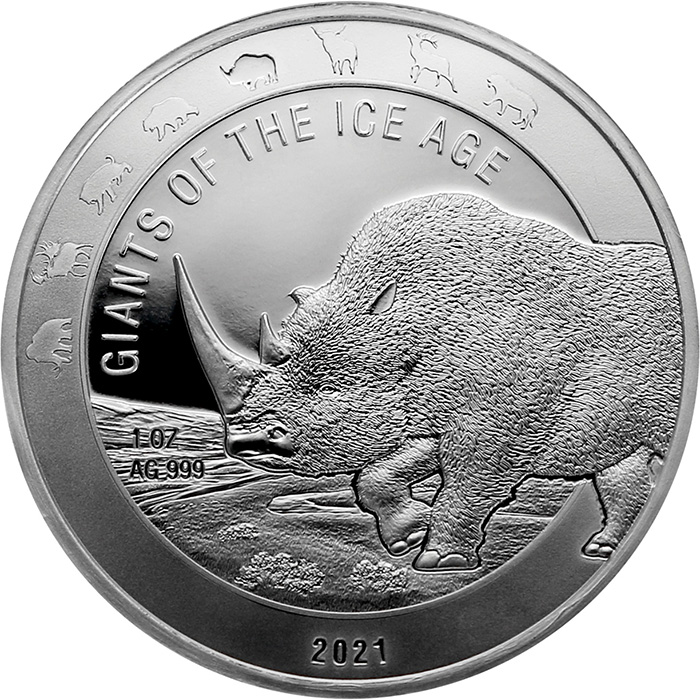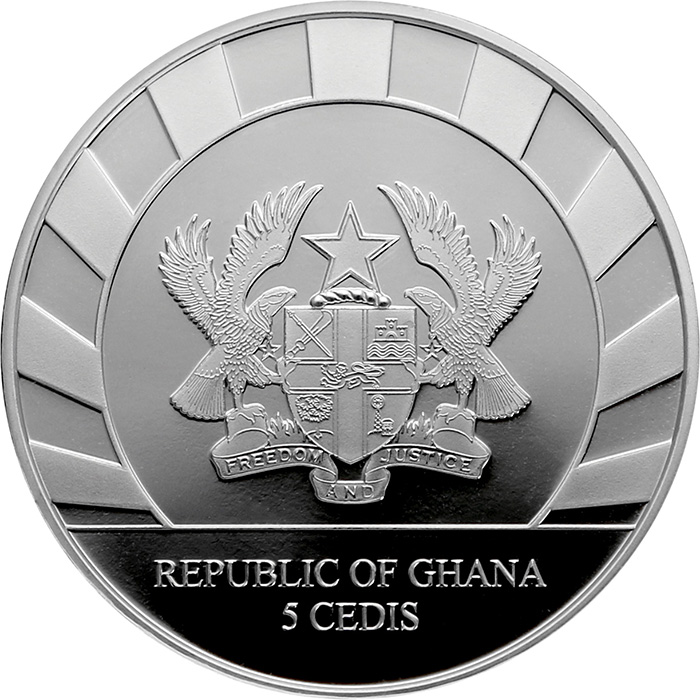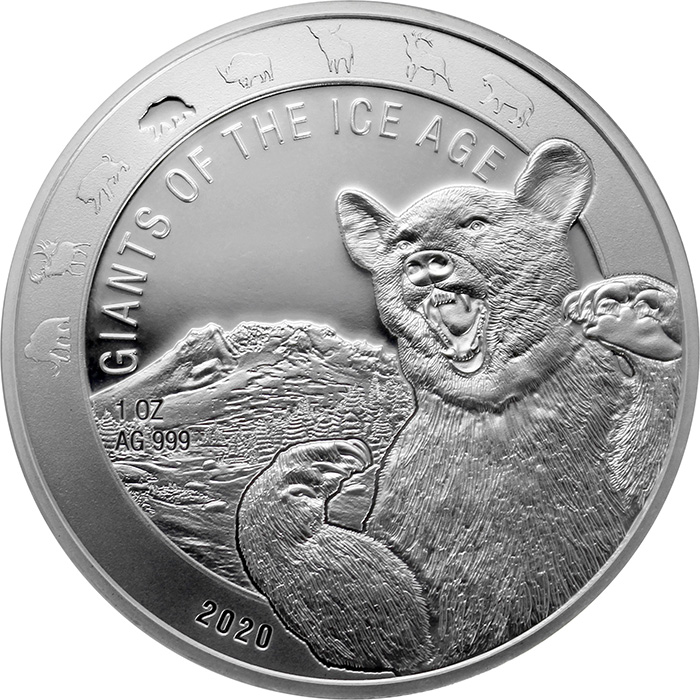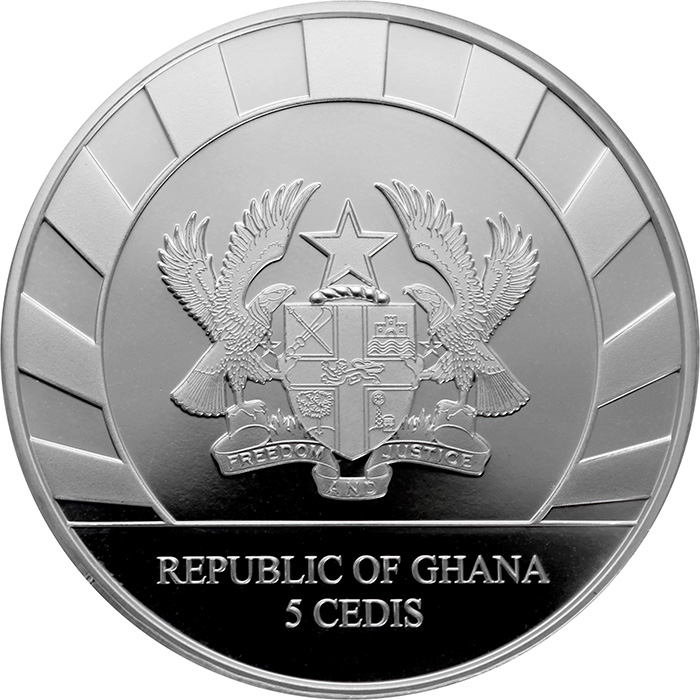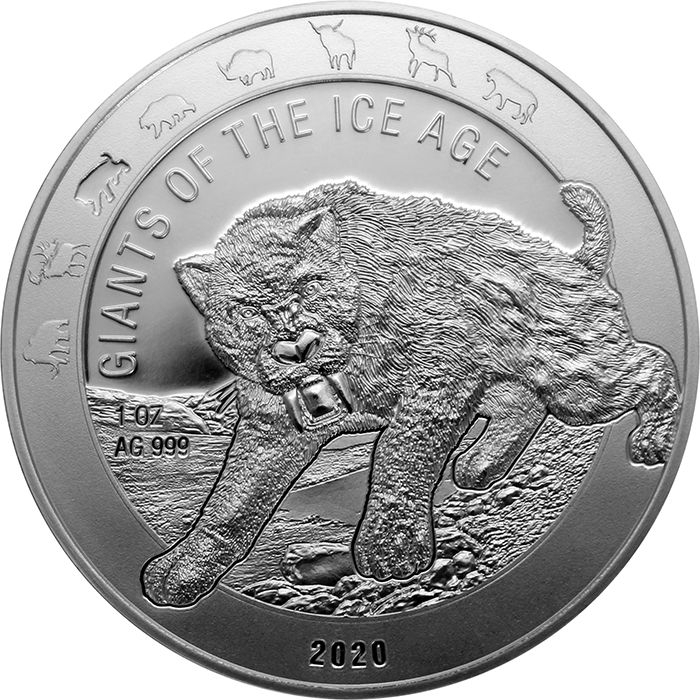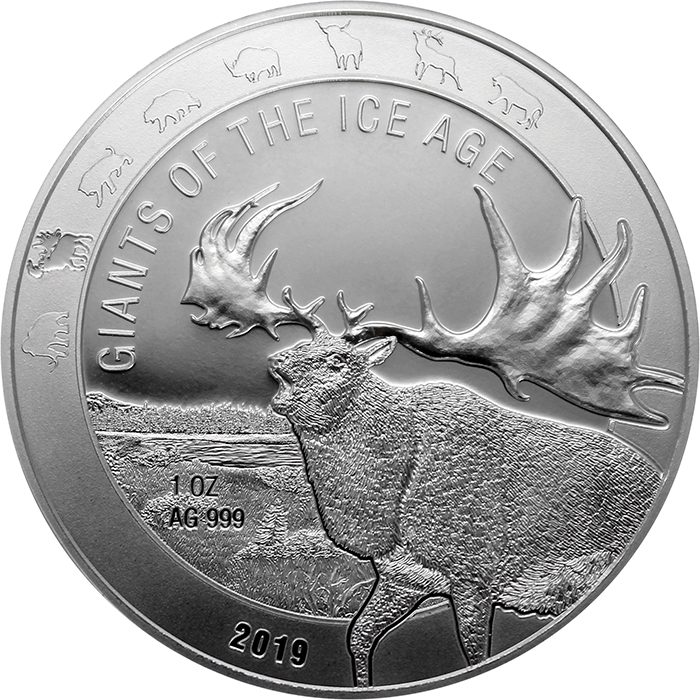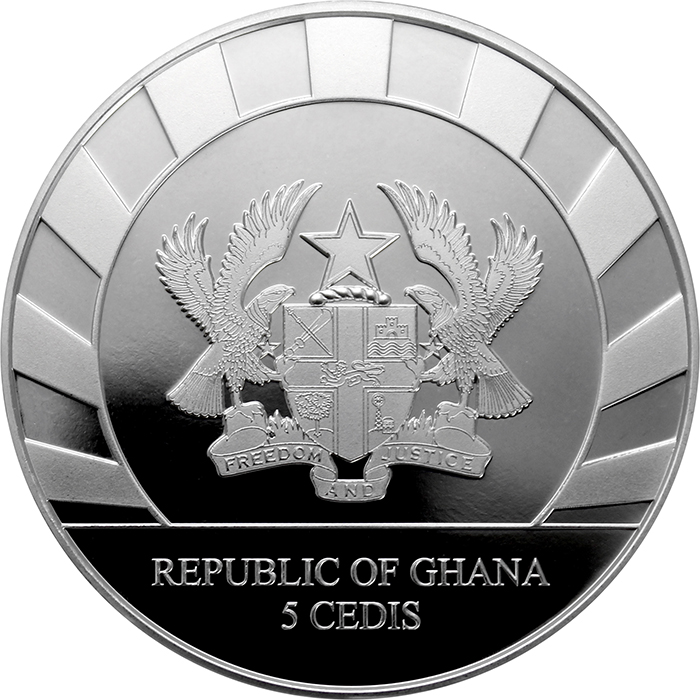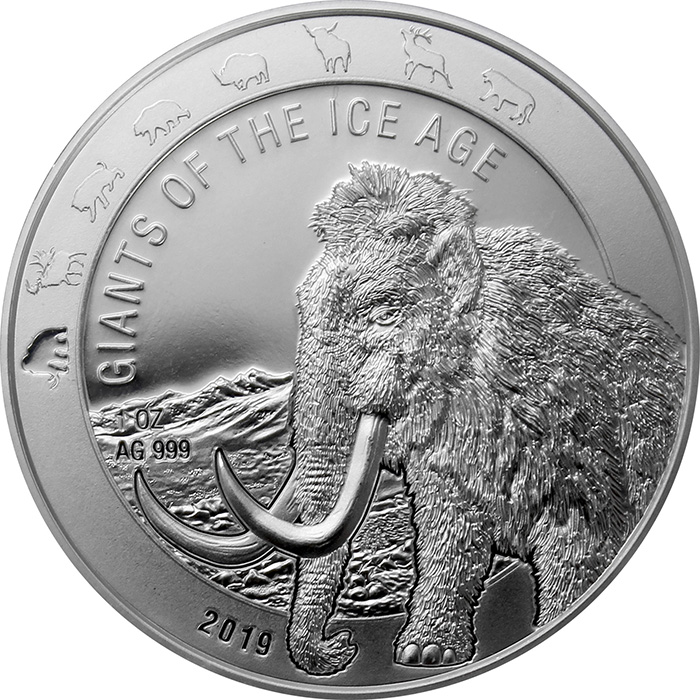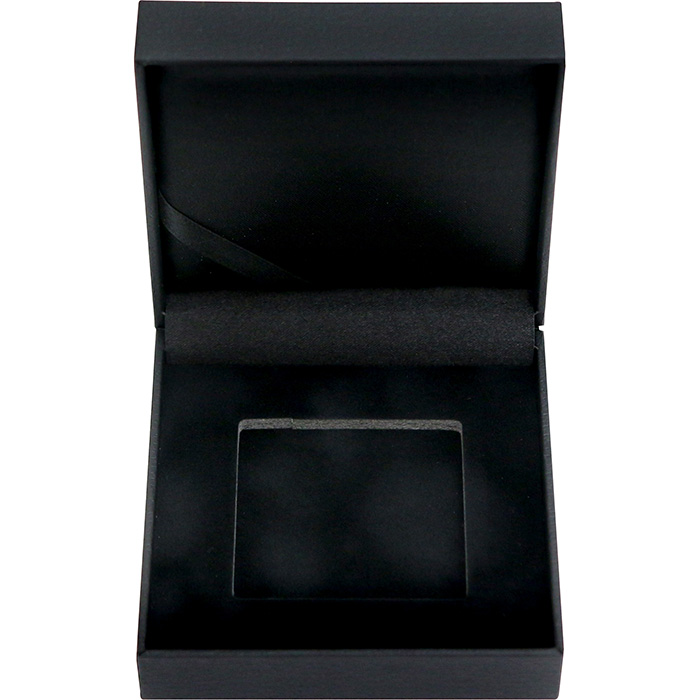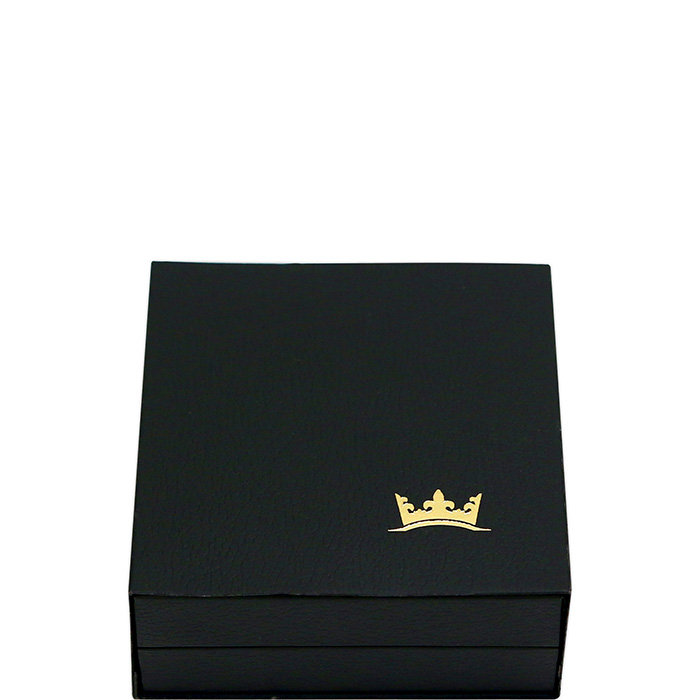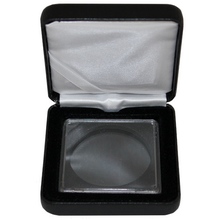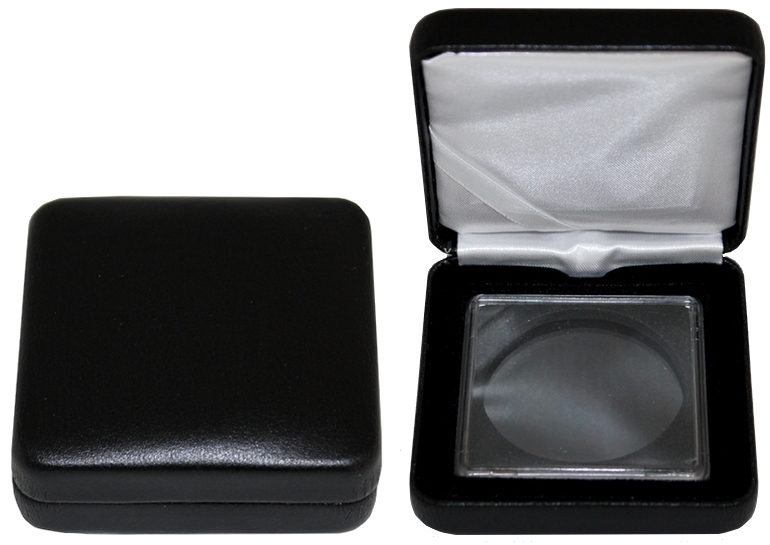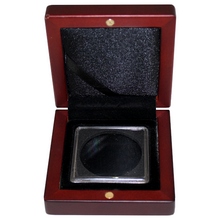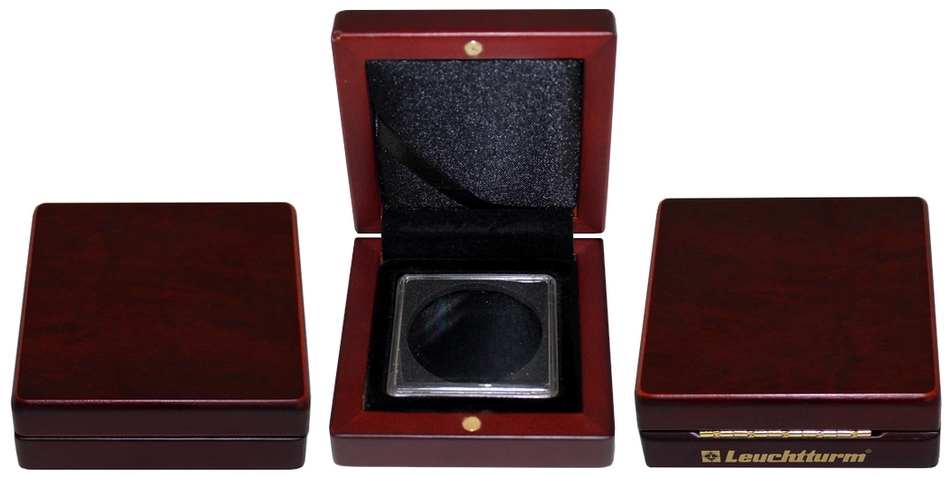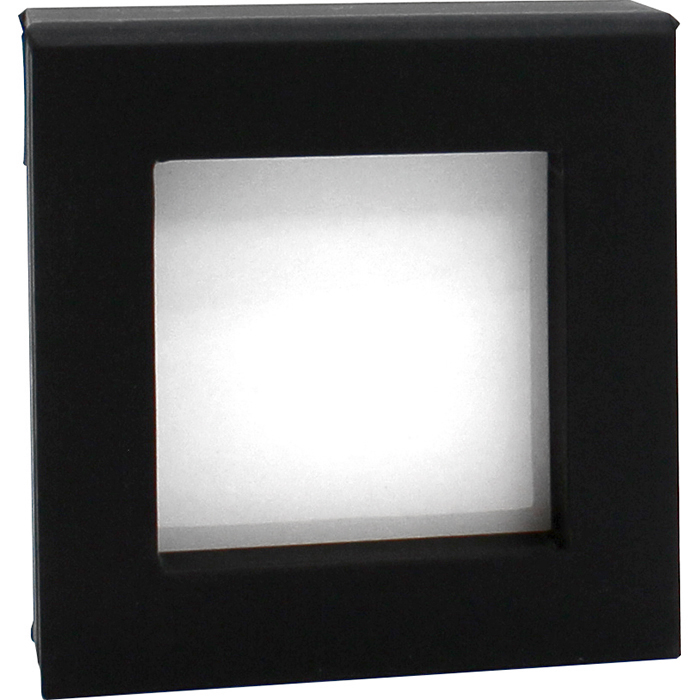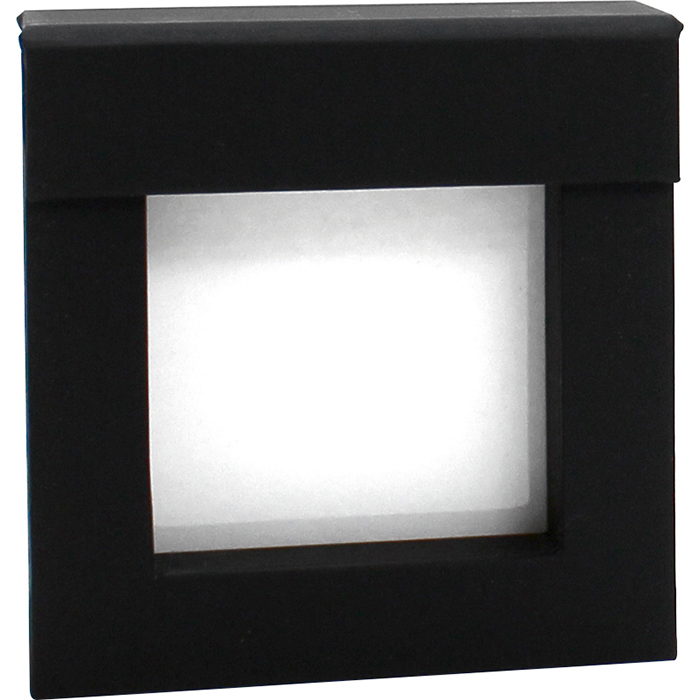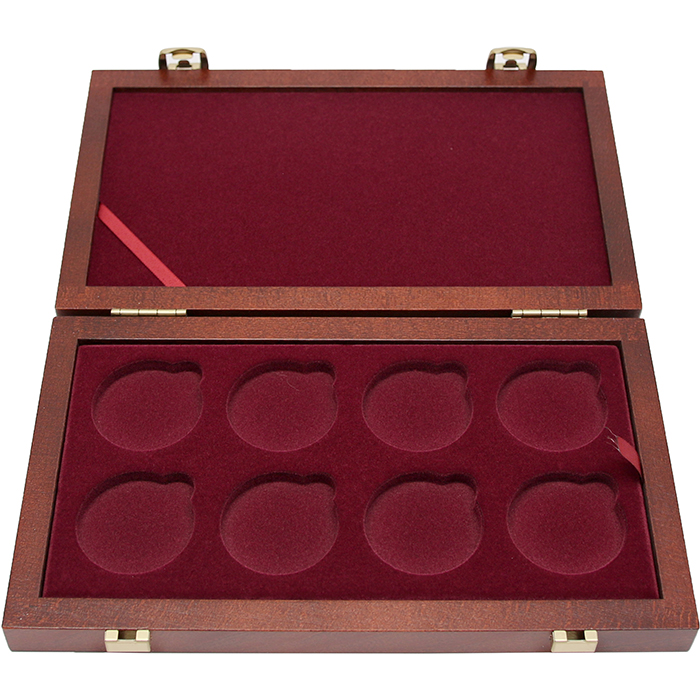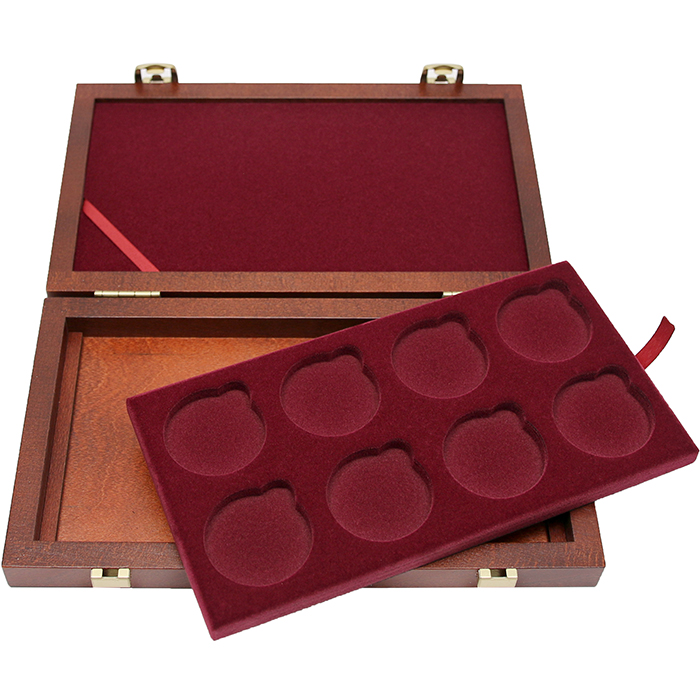Silver Investment Coin Ice Age Giants - Cave Lion 1 Oz 2022
včetně DPH
Card payment is not possible for this product.
View the product
Detailed description
Giants of the Ice Age - Cave Lion
Minted at the German mint Leipziger Edelmetallverarbeitung GmbH in 2022, this 1 Oz (31.1 g) investment silver coin in 99.9% purest silver is part of the Giants of the Ice Age series, which introduced eight Ice Age giants over a four-year period. The final coin in the series features the cave lion (Panthera spelaea).
The reverse of the coin depicts the cave lion as a majestic beast with sharp fangs in a mammoth steppe setting. The coin's motif is complemented by the series name "GIANTS OF THE ICE AGE", weight and fineness. The outer rim of the coin features silhouettes of all eight animals in the series in order of issue. The motif of the cave lion is recessed and accentuated by the polished design, while the silhouettes of the other animals rise above the surface of the coin. The year of issue is indicated at the bottom.
The obverse depicts the national emblem of the Republic of Ghana, while the lower part of the coin bears the inscription 'REPUBLIC OF GHANA' and the face value.
The coin comes in a plastic capsule with a mintage of 15,000 for the whole world!
The cave lion was found in Europe and parts of Asia during the earlier Quaternary period known as the Pleistocene. Scientific studies have confirmed that it was a separate species, separating from the ancestor of today's lion about 1.85 million years ago. Panthera spelaea lived on inhospitable plains and forests 370,000 years ago. It became extinct with other members of the megafauna due to climate change and associated food shortages around 14,000 years ago. The contribution of man may not be negligible. Murals and skeletal remains have been found in the caves of prehistoric humans, demonstrating their ability to hunt even such dangerous beasts.
The cave lion was only slightly larger than the African lion we know. It was distinguished by its dense, light-coloured fur, which enabled it to survive in very cold climates. The male lion's mane was not very distinctive, differing from the females mainly in size and bulk. In its time, the cave lion was one of the main apex predators. It hunted large herbivores such as reindeer, bison, deer and the young of mammoths and woolly rhinoceroses. He would knock his prey to the ground and kill it by biting its neck or chest with his powerful fangs. An equal opponent for the lion was the cave bear, which could reverse an attack even during hibernation.
This product is part of the following product sets:
Ice Age Giants seriesProduct Specifications
Buyback contact form
We will be happy to buy investment metals purchased from us or from our competitors. Our customers always get the highest price offered at any given time. Fill out the form below and we will contact you. Thank you for your trust.
